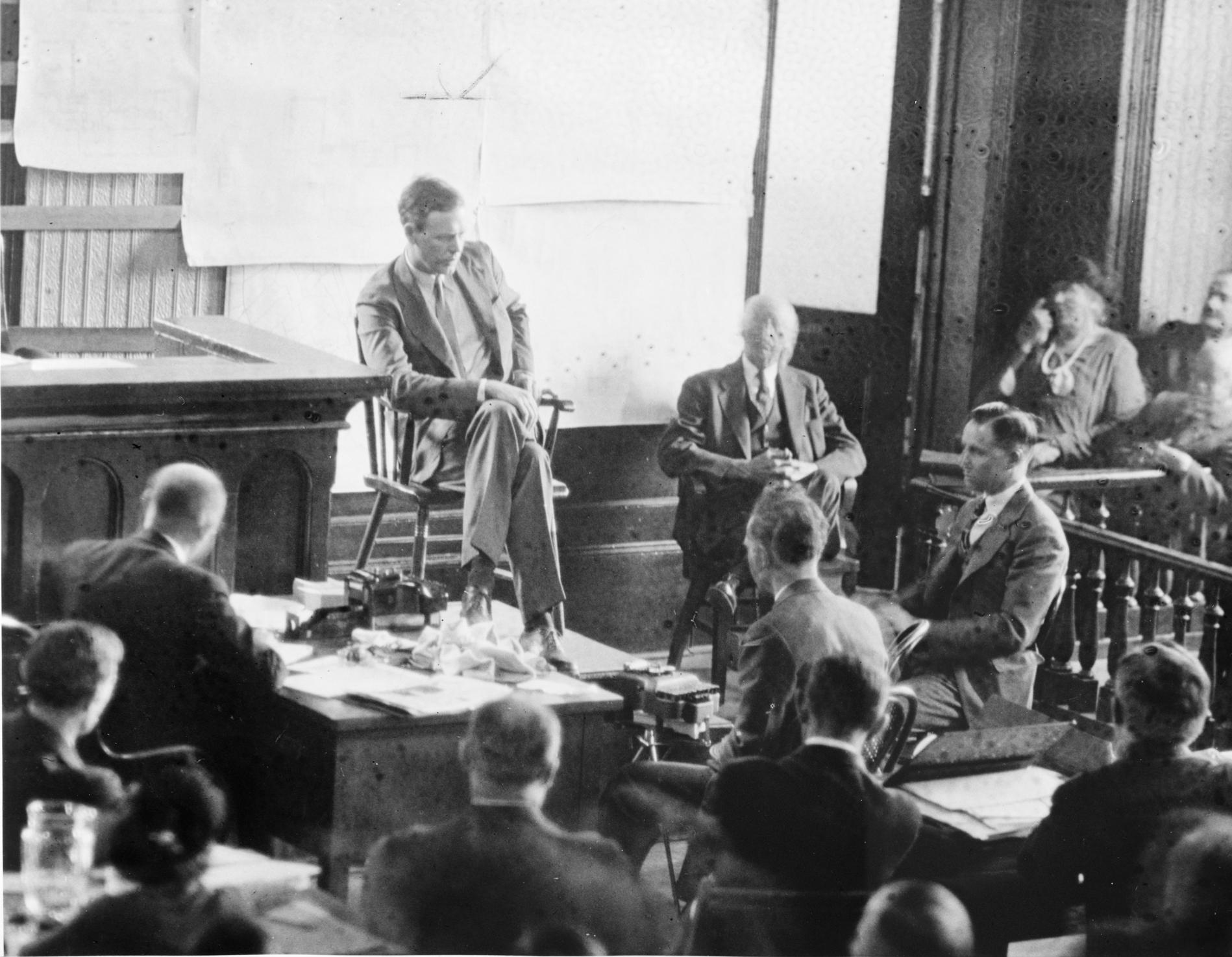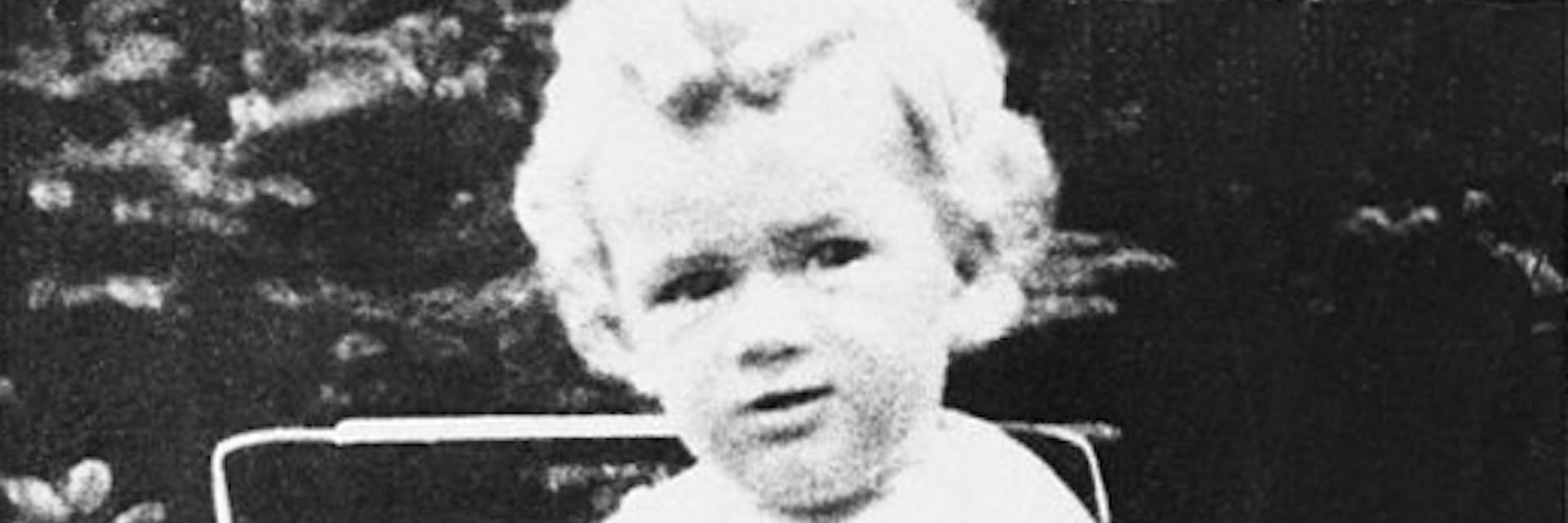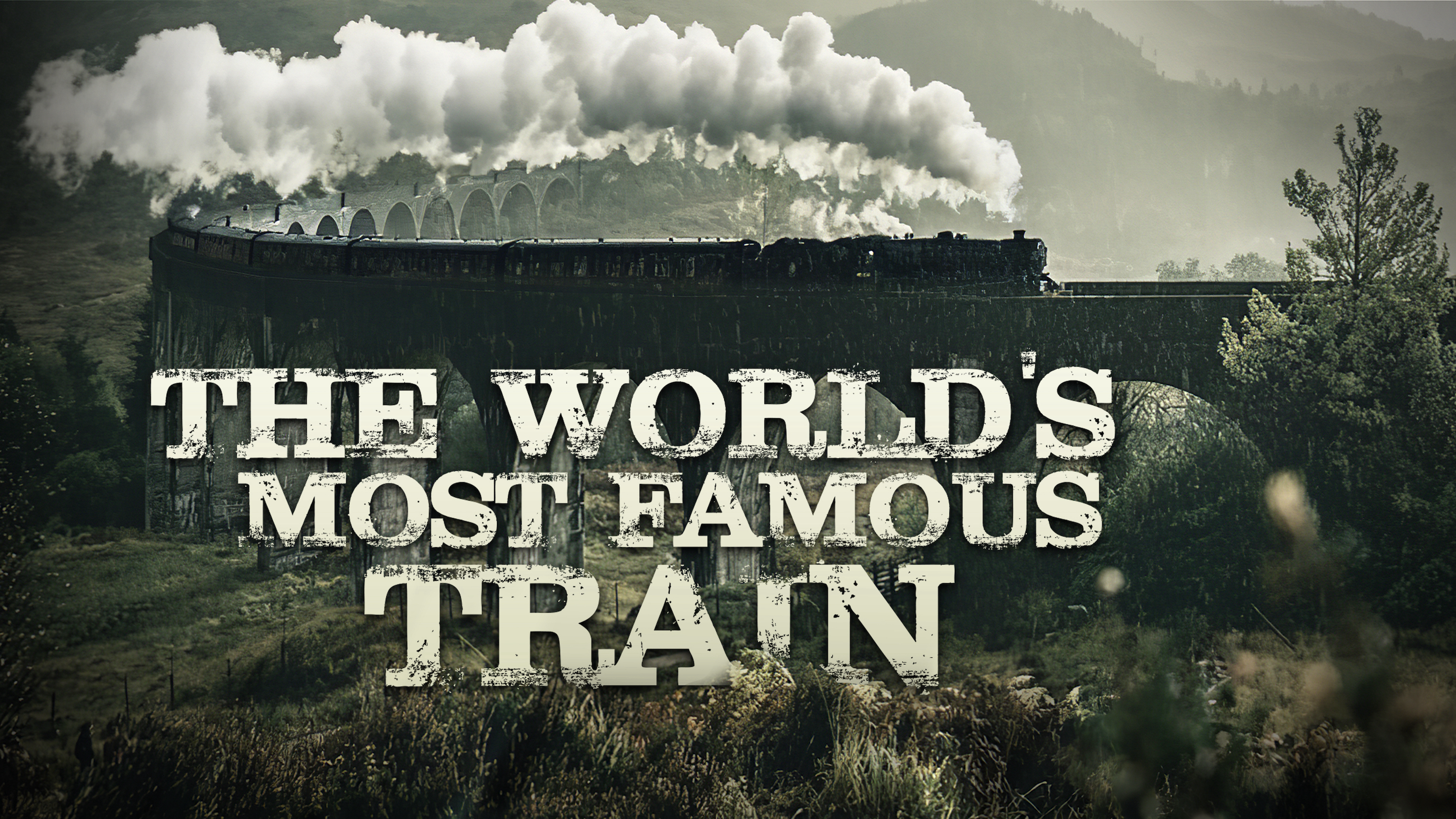Did the Lindberg case inspire one of Agatha Christie’s most popular novels? In a word, yes.
◊
You may have read Agatha Christie’s Murder on the Orient Express, or have seen one of the movies based on it, but did you know that Christie had a penchant for taking true crime stories and turning them into fiction? She did so any number of times, but perhaps in no other case as notably as in the story of a child murderer himself murdered on the luxurious transcontinental railroad train. In fact, she seems to have been inspired by one of the most infamous true crime stories of its era: the Lindbergh kidnapping case.
All aboard for a journey on the real Orient Express in The World's Most Famous Train on MagellanTV.
With the possible exception of the Leopold and Loeb case, no crime of the first half of the 20th century garnered more public attention than the kidnapping of the 20-month-old son of famed aviator Charles Lindberg and his wife, Anne Morrow Lindbergh. On the evening of March 1, 1932, little Charles Jr. was abducted from his crib in the Lindbergh home in Hopewell, New Jersey. The kidnapping set off a massive manhunt and a series of ransom negotiations, ultimately leading to one of the most sensational trials of the century.
The initial discovery of the child’s absence was accompanied by a ransom note left on the windowsill of the nursery. The note demanded a $50,000 payment for Charles Jr.’s safe return and was the first of a series of communications between the kidnapper and the Lindbergh family through intermediaries. Despite the family’s compliance with the demands, the young boy’s body was discovered on May 12 in woods less than five miles from the Lindbergh home. Wounds on his body made clear his death was a homicide.
The investigation of the crime led to the arrest of Bruno Richard Hauptman, a German immigrant, in 1934 when ransom money was found in his possession. He was charged, tried, and ultimately convicted of kidnapping and murder. The trial was an international media sensation, raising numerous questions about evidence handling, witness credibility, and judicial fairness. Hauptman was steadfast in maintaining his evidence right up to his execution in 1936.

Charles Lindbergh testifying in Hauptman trial, 1935 (Source: Library of Congress, via Wikimedia Commons)
Naturally, at the time of its publication in 1934, a typical reader of Agatha Christie’s Murder on the Orient Express might have put two and two together to connect details of the book with the Lindbergh kidnapping case. In both the true and fictional stories, innocent children are kidnapped and murdered, in both, the perpetrators of the heinous crime are immigrants; and, in both cases, the public takes a keen interest in the shocking crimes. Christie uses her implicit nod to the infamous true crime as an opportunity to explore deeper themes of justice, morality, and revenge, echoing the public’s complex reactions to the real-life crime and its aftermath.
The Lindbergh kidnapping case and its cultural aftermath highlight the deep societal impact of high-profile crimes. They not only shape legal practices and policies, but they can also inspire art, literature, film, and ongoing public discourse on the perennial themes of justice and morality. Such cases are a testament to the complexities of human nature, the intricacies of legal systems, and the enduring power of storytelling in attempts to make sense of tragedy.
Ω
Title Image: Charles Lindbergh, Jr. (Source: Wikimedia Commons)


